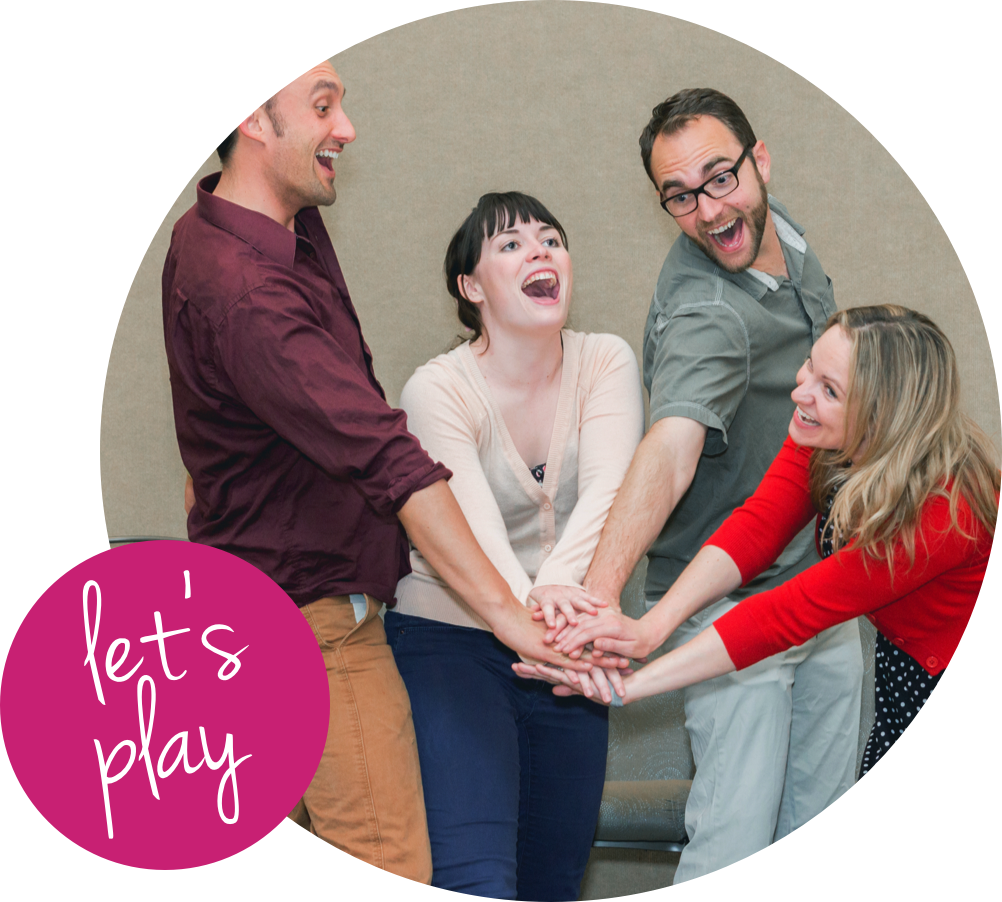We all know the routine: wake up, go to work, come home, fall asleep. Weekends and days off are usually spent on laundry and the other chores you didn’t get done during the week. What, then, do we do with the time that we don’t HAVE to spend on anything? If we’re lucky, we have some time (not to mention energy) in there to fit in a workout, maybe you spend a night out with some friends. Best, though, is when you can come home to your couch and kick it with some Netflix or Amazon. There are no demands on your physical or mental energy; all you have to do is hit play and let yourself lay like broccoli. There is absolutely nothing wrong with that, as we all need time to rest and recharge. These restful arguments, though they may seem frivolous or indulgent, are invaluable in retaining our sanity.
When we are do something like watch television, or movies, or listen to music, all of which allow you to stay in one place, what is occupying your time is a PASSIVITY. This is part of the type of play described in the last blog post as purposeful play, or a use of our time that serves no purpose aside from simply allowing us to relax, rest, and recharge. This is the opposite of ACTIVITY, which requires expending energy, either physical, mental or emotional. Throughout our lives, we see a far greater emphasis and desire for activity in the mistaken belief that time is only well-spent if used to do or achieve something. Unfortunately, this belief is ingrained in us from a very early age; because the years we spend as children are so formative, passive play is far less encouraged than active play, which is why our parents sign us up for music lessons or sports teams, and why the ability to engage in after-school activities is so desired.
This only proves to be more true as we grow. As children, we were exposed to different kinds of hobbies in order to gauge where our interests lie, and we are able to play a sport or paint purely for the joy of it. When we reach high school, however that sports team, dance group, or art class is either upped in its ante in order to increase our chances of getting into college (thereby making it into purposeful play if not outright work) or shrugged off entirely in favor of an activity with more payoff, something that might look good on an application or resume, whether it be soccer team captain, volunteer work at a pet shelter, or going for president of your theater club. There are so many demands placed on the time and energy of high school students, and they are made to feel so guilty if they dare to indulge in such “time-wasting” activities as television. Feel familiar, anyone?
Then, once you begin your higher education, your energy is entirely taken up by your course load. If you’re lucky, you might find some vestiges of energy with which to exercise or join a society. If you’re anything like me, though, and know the only way you’ll go exercise is if you’re being graded on it, you’ll sign up for a PE class just so that you can get a few hours of activity into your week. The rest of the time that you don’t spend studying, you might spend time watching one of the many excellent television shows available for streaming on Netflix or one of the many other streaming services, or hang out with some friends. That’s entirely valid: if a vocational choice requires an additional degree, the grades matter more, and the work required to get them is more taxing than ever before. Is it any wonder that we don’t want use the remainder of our time using up energy we don’t have?
Once we leave school, we find a job that is either physically or mentally exhausting, so we continue to spend our downtime by marathoning that new show on Amazon. There’s nothing wrong with that: that new show got tons of nominations at the Golden Globes, and we are able to make up for that energy we spend in our job. The truth is that mental rest is just as important as physical, but we have far more trouble acknowledging it. It’s seen as admirable when we forgo sleep and leisure in the name of checking items off our ever growing to-do lists, even though the loss of that rest might cost quality in what we do.
If you feel the need to fit more activity into your days, that’s understandable. We have an enmeshed belief that to do is better than not to; there’s a reason ‘good’ is an anagram for ‘go do.’ There are restful activities that you can do that don’t tax too much of your mental energy; take the adult coloring books that are gaining so much popularity, meditation or learning a small instrument, such as a penny whistle. If you have a pet, or a friend with one, take advantage of that: occupational therapists have said that even petting a puppy improves brain function and allows one to feel rested. But don’t discount your Netflix time: you do it for a reason, and it’s more valuable than you think.













